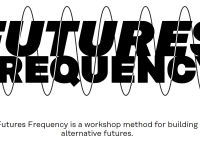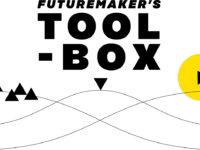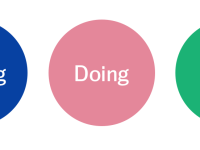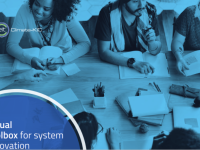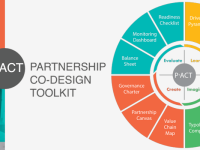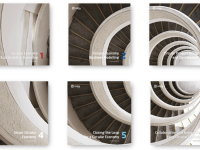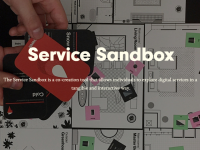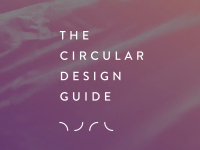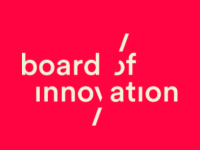Toolkit Navigator
A compendium of toolkits for public sector innovation and transformation, curated by OPSI and our partners around the world

Futures Frequency is a workshop method for groups of 8–20 people. This website provides tools for facilitating the workshop either online or in person. There are videos that introduce each theme and the facilitator’s handbook includes detailed steps for facilitating the group assignments.
Futures Frequency was developed by Sitra based on input from a development team in various fields. It's purpose is to increase participants’ ability to envisage different futures and take action towards…
This toolkit offers a starting point and a framework for uncovering circular potentials and barriers and to potentially identify new circular business models. The tools in this toolkit focus specifically on mapping a company's circular potentials in the value chain it operates within. And it gives priority to understanding, framing and re-fining the value businesses create in the value chain, exploring the interaction with both customers, collaborators and influential stakeholders. The toolkit…
This toolbox is a guide for shaping the future and developing organisational operations. It guides users through how to build an organisation’s future capability to ready it to deal with new phenomena. It guides users through all the steps of building a vision and for viewing, interpreting or shaping futures. It contains three phases: Trends and Signals, Interpretation and choices, and Shaping futures. Each tool includes step-by-step guidance and downloadable resources.
A living compilation of social innovation lab theory, templates, and tools to help address complex system problems and design a social innovation lab. This web-based resource includes sections Seeing, Doing, and Being, each with links to additional guidance, tools, and videos.
The book is a collection of ready-to-implement tools to structure and manage the challenges and exploit opportunities of sustainability and transitions. The goal is twofold: improving the understanding of a challenge by going deeper, broader and by improving the quality of the discussions and conversations around the problem among participants. It focuses not only on the problem-solving process but also on the learning process while designing and implementing solutions. The tools are presented…
This toolkit is targeted towards impact entrepreneurs, intrapreneurs, partnership brokers and facilitators, and accelerators supporting impact entrepreneurs who are initiating value chain partnerships, partnerships where organizations seek to integrate existing or create new value chains. The Partnership Co-design Toolkit (P.ACT) includes four stages of co-design and 12 tools, each building on the previous, to bring partners closer, to developing a complete partnership model, and get ready to…
This is a collection of six workbooks containing tools and guides for transitioning towards a Circular Economy. The workbooks relate to the six focus areas:
1) Circular Economy Sustainability Screening
2) Circular Economy Business Modelling
3) Circular Product Design and Development
4) Smart Circular Economy
5) Closing the Loop for a Circular Economy and
6) Collaborating and Networking for a Circular Economy.
Each workbook contains an introduction to each Circular Economy topic followed by…
The Service Sandbox is a visual, playful, co-creation tool that allows individuals to explore digital services in a tangible and interactive way. The sandbox can be used to test an existing service or to create new ones. The resource is oriented toward designing interior environments, especially digitalising environments, but could be used more broadly. The tool consists of three phases (build, ideate and define), plus a pitch template for taking the process one step further. According to the…
The current big shift in management - both public and private - is from linear models to circular models. This resource was designed to help innovators create more elegant, effective and creative solutions for circular economy. This resource allows users to explore new ways to create sustainable, resilient, long-lasting value in the circular economy. While it is oriented towards private sector manufacturing and products, it can also be helpful for public sector organisations to think about…
This is a collection of tools developed through transforming leading innovation management theory into hands-on, easy-to-use, actionable innovation tools. The tools are organized in the categories: Culture, Business model, Validation, Pitching, Technology, Strategy, Problem discovery and Ideation. Each tool contains a description and a step-by-step guide telling how to approach it. The resource also includes guides, videos, posters, quizzes, etc., which provide knowledge within the field of…

